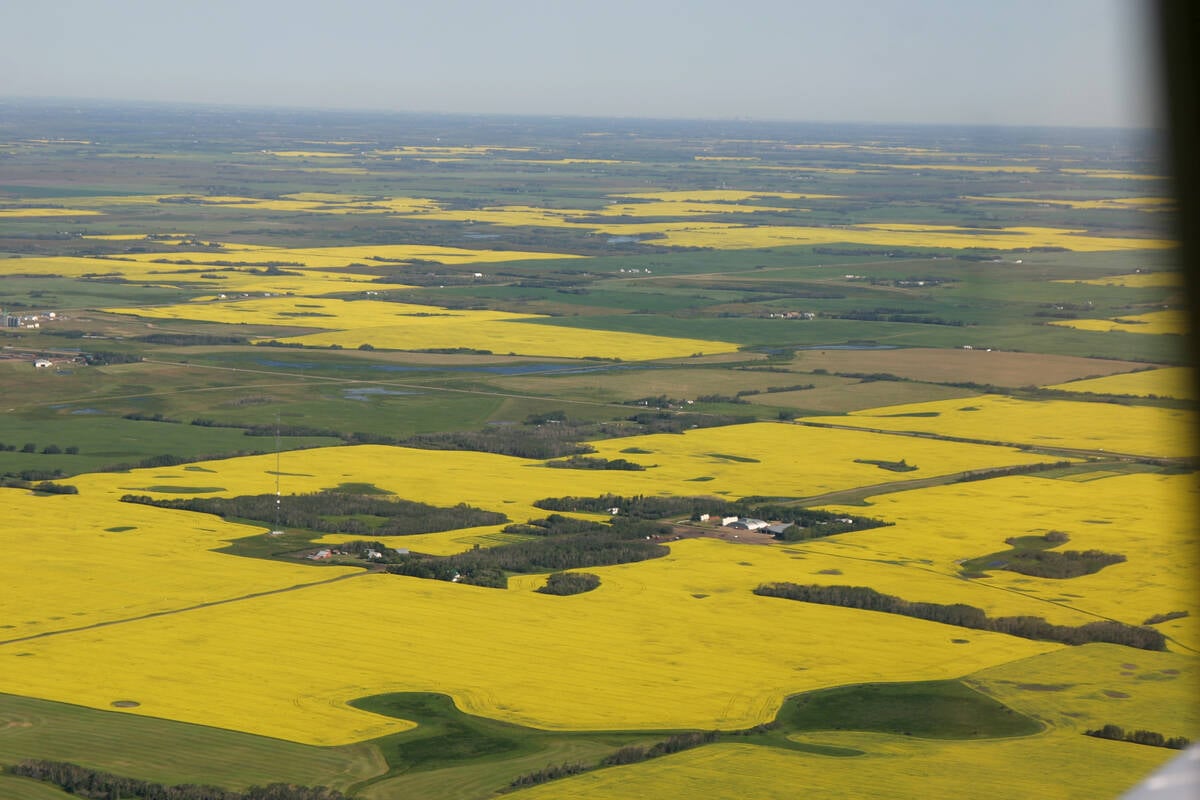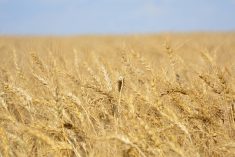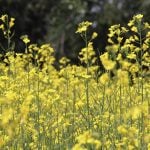Canadian honey producers are finding themselves in a sticky situation.
Concern is spreading in Europe over the safety of food derived from genetically altered crops, including Canadian-grown transgenic canola.
Paul Belisle, the president of BeeMaid Honey in Winnipeg, said the problem started in January when distributors of Canadian honey in Germany asked producers to come up with a test to prove their honey contained no pollen from transgenic canola.
But even if beekeepers could afford the $500 DNA analysis needed to detect it, Belisle said such a test would not be practical.
Read Also

Increasing farmland prices blamed on investors
a major tax and financial services firm says investors are driving up the value of farmland, preventing young farmers from entering the business. Robert Andjelic said that is bullshit.
“You can’t tell bees where to go,” he said.
BeeMaid is a member of the Manitoba honey co-operative that sells honey to several European customers. Sales to Europe haven’t dropped, Belisle said, but consumer concern seems to be growing.
The hype over honey in Germany, where Greenpeace activists staged protests over the use of transgenic soymeal in April, is picking up in other countries in Europe.
More transgenic
But at the same time, transgenic crops are becoming more popular with North American farmers. About five percent of the 1996-97 crop was grown from transgenic seed. This year, about 25 percent of the estimated 11.6 million canola acres are expected to be transgenic.
“If there was a way of avoiding transgenic canola in the past, it won’t be so easy now,” Belisle said.
Canadian honey producers are stuck in the middle.
“We’re in an odd position,” Belisle said. “We don’t control the canola plants. We simply sell the product the bees produce to people in other countries and if you can’t satisfy the consumers over there, they’ll stop buying.”
Honey producers helpless
John Gruszka, Saskatchewan’s chief apiarist, agrees Western Canadian honey producers’ hands are tied.
“Transgenics are what farmers want to grow, and if that’s the way the industry is going, there’s not much we can do about it,” he said, noting bees gather nectar from plants in a five-mile radius from their hives.
Belisle said the answer is not in classifying certain honey supplies as transgenic-free, but rather in increasing public understanding and acceptance of biotechnology.
“The danger in the short run is we could lose accounts but we will get them back in the long run if other countries get on board.”
Dale Adolphe agrees. The president of the Canola Council of Canada said the European Commission has not approved novel trait canolas but the process is under way.
“It’s been caught up in politics and the situation around European labeling legislation,” Adolphe said, predicting approvals will go through sometime in the next 12 months.
“Germany is very sensitive about this right now. So is Denmark, Sweden and Austria,” he said. “A lot of it in my interpretation depends on how active and what a strong following organizations like Greenpeace have there.”
Canadian sales of other canola products such as margarine and oil to Europe are relatively low, Adolphe said, and have not been affected.
Wink Howland, president of the Canadian Honey Council, said the group is trying to make sure its members know that certain European buyers are boycotting food produced with genetically altered crops.
Less than 10 percent of Canada’s honey crop is exported to Europe, he said.
Transgenic canolas have passed environmental, food and livestock feed standards in Canada, the United States and Japan.















